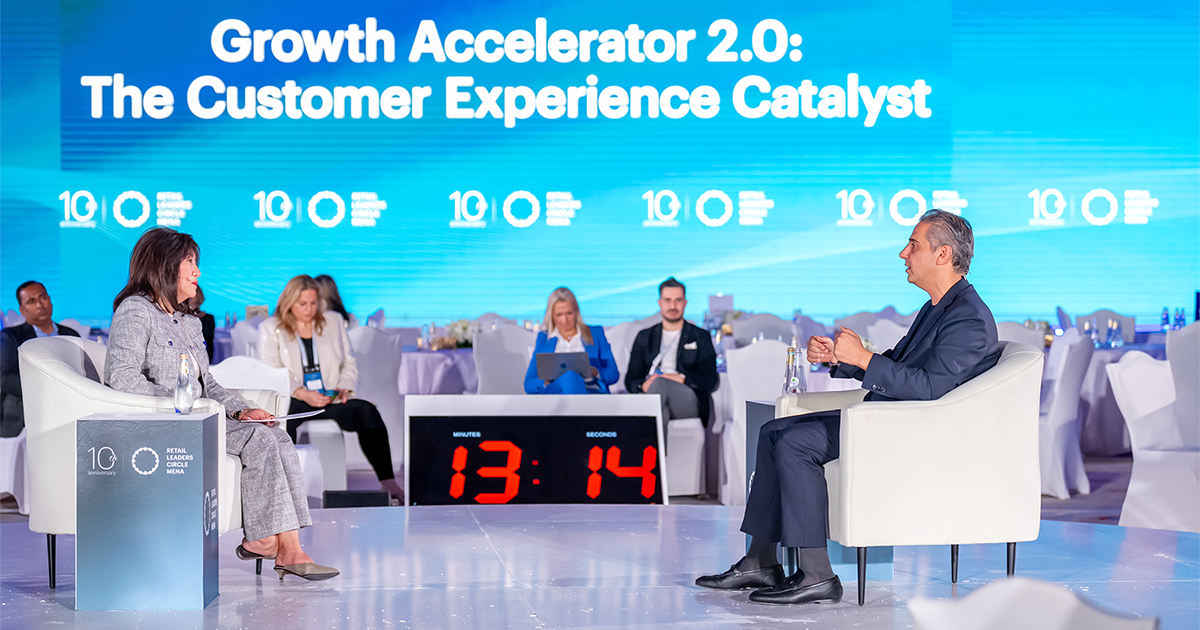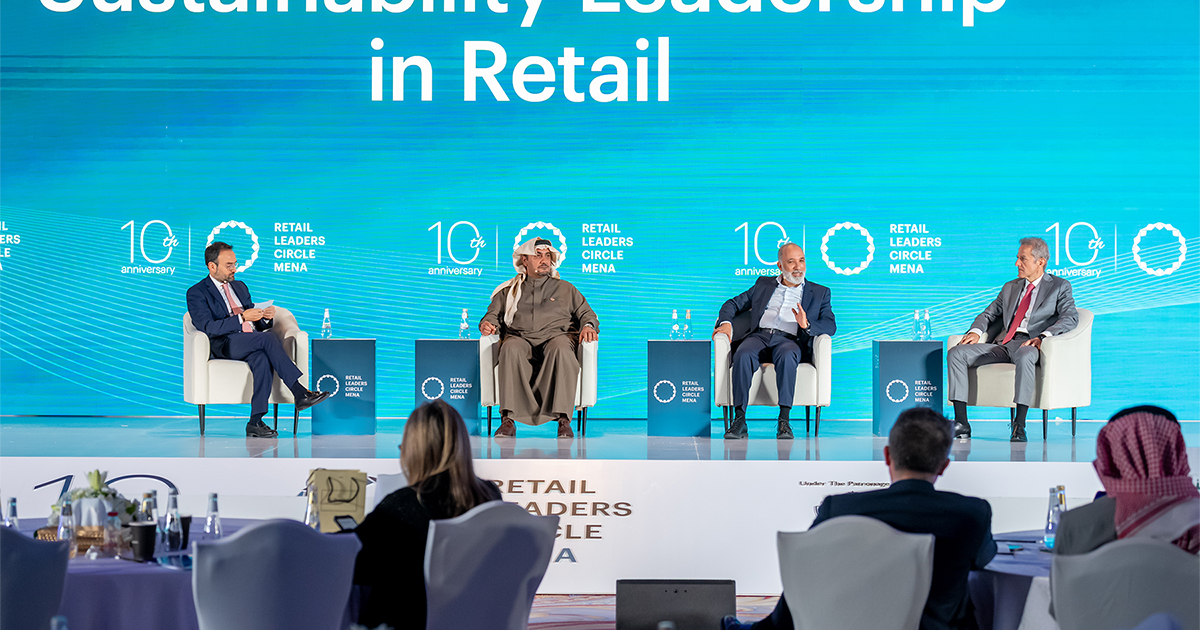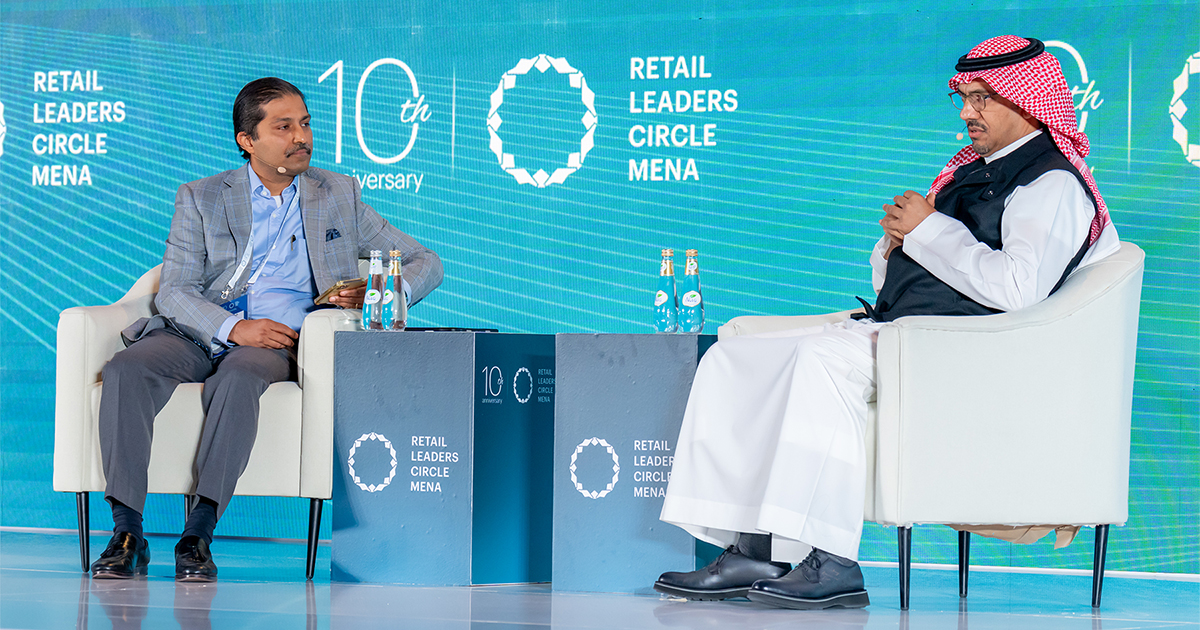Hani Weiss, CEO of Majid Al Futtaim – Retail, discussed the importance and impact of sustainability with Cyrille Fabre, Senior Partner at Bain & Company Middle East.
A pivotal approach to sustainability in retail involves embedding environmental and social considerations directly into the core business model. The essence of this strategy lies in balancing economic goals with environmental care and social responsibility. A paradigm of this approach, illustrated by Majid Al Futtaim, showcases a structured framework based on rethinking resources, transforming lives, and empowering employees. Through setting science-based targets and enhancing transparency via systematic reporting, businesses can demonstrate a profound commitment to sustainability.
Operational excellence in sustainability is marked by the adoption of innovative solutions that minimize ecological footprints. This encompasses practices such as securing Green Star certifications for new outlets, integrating energy-efficient technologies, and committing to the elimination of single-use plastics. Majid Al Futtaim exemplifies how these initiatives not only adhere to environmental responsibilities but also meet evolving consumer expectations for sustainable shopping experiences.
The transition towards sustainable retailing necessitates active consumer engagement and encouragement of eco-conscious behaviors. Implementing measures that initially challenge conventional shopping habits, such as retrofitting refrigeration units with doors, highlights the importance of educating consumers about the environmental benefits of such changes. Successful retail leaders leverage strategic communication and incentives to foster a culture of sustainability among consumers, demonstrating that informed engagement can lead to positive sales outcomes and greater acceptance of sustainable practices.
Achieving significant environmental impact extends beyond individual company actions to encompass collaborative efforts across the value chain. Initiatives like the formation of sustainability forums and associations for packaging circularity represent how collective action can address comprehensive emission reductions and promote the principles of a circular economy. By partnering with suppliers and engaging in sector-wide collaborations, retail businesses can amplify their sustainability impact, addressing broader environmental challenges such as scope 3 emissions.
The pursuit of sustainability in the retail sector is both a challenge and an opportunity, demanding a shift in how companies operate, engage with consumers, and collaborate with partners. The collective efforts of the retail industry will be crucial in advancing towards a more sustainable and equitable future, underscoring the importance of shared commitment and action in this transformative journey.
 We started with a very simple aspiration: ‘Change today to change tomorrow.’ This slogan guides our sustainability transformation agenda, focusing on rethinking resources, transforming lives, and empowering our people.
We started with a very simple aspiration: ‘Change today to change tomorrow.’ This slogan guides our sustainability transformation agenda, focusing on rethinking resources, transforming lives, and empowering our people. 






